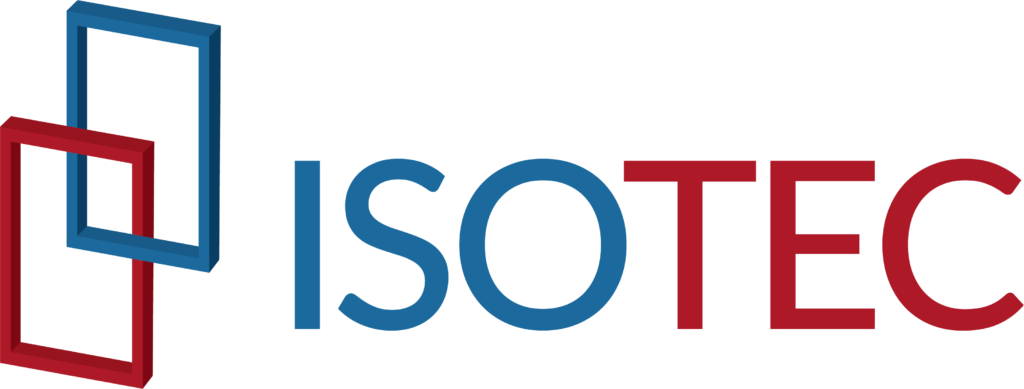“Proper Prior Planning Prevents Piss Poor Performance.” James R. Steadham, Senior Chief USN Retired
Scuba divers live by two important rules, “plan their dive and dive their plan” because they know the majority of diving accidents occur when “diving outside their plan”.
Planning out and thinking through a security entrance’s Product Specifications are key steps in defining a project’s scope of work, and its Scenarios of Operation. The scenarios of operation define how the security entrance will perform when specified security sensors are actuated. Since security entrances come in all shapes & sizes and can be programmed to do pretty much anything we need them to do, understanding how the system will perform under different scenarios is crucial. Planning out and understanding the scenarios of operation ensure the entrance will perform as the client intended.
The scenarios of operation flow from the product specifications and impact every aspect of the entrance’s structural design, its components, sensors, and the software algorithms that control it. Planning out how you want your entrances to operate ties into product specifications. Not planning or thinking through required product specifications and the scenarios of operation are equivalent to building a house with annotated blueprints that say “to be determined”. At a minimum, a failure to plan will prove to be costly, and time-consuming. At worst case, they could prove to be hazardous.
An entrance’s specifications must be defined in order to formulate its scenarios of operation. Proven best practices call for Security Integrator to assist with determining an entrance’s specification requirements by discussing with stakeholders their security requisites, and the options most suitable to achieve their objective. Once set, the scenarios of operation can be established. Much like planning a scuba dive, setting product specifications for installation is not difficult. Divers depend on the dive master to guide them in establishing the dive plan. With a security installation, the client is assisted and guided by the Security Integrator.
Security Integrators encourage and normally facilitate Q&A sessions with all facility stakeholders to promote a better understanding of product(s) capabilities, build collaborative relationships and bring forth solutions that might have otherwise been unimagined. More times than not, customers have a general idea of what they want but cannot quite articulate their concept. Q&A sessions, along with discussions covering security objectives and the facilities operational needs, are a proven method that transforms the security concept into a reality. Whoever you choose to design and deliver a security entrance solution, tell them everything; for like us, they most likely already know the answers to the questions you don’t even know you should be asking.
There are many questions that will arise in the course of discussions between clients and security integrators. Below are 10 of the most frequently asked questions during Q&A sessions:
- What type of facility/building?
- Where will the entrance(s) be located?
- What is the primary security objective of the entrance or egress?
- What type of screening devices do you think you need?
- What is the maximum 30-minute throughput requirement?
- Who will use the entrance(s) or egress(s)?
- Will entrance(s) or egress stand alone or interface with the legacy security system?
- Who will monitor the entrance(s) or egress and from where?
- What is Building Occupancy Rating?
- What are your aesthetic concerns?
To learn how Isotec Security Inc. can help protect you: call us today at (720) 545-2816 or contact us at info@isotecinc.com.

